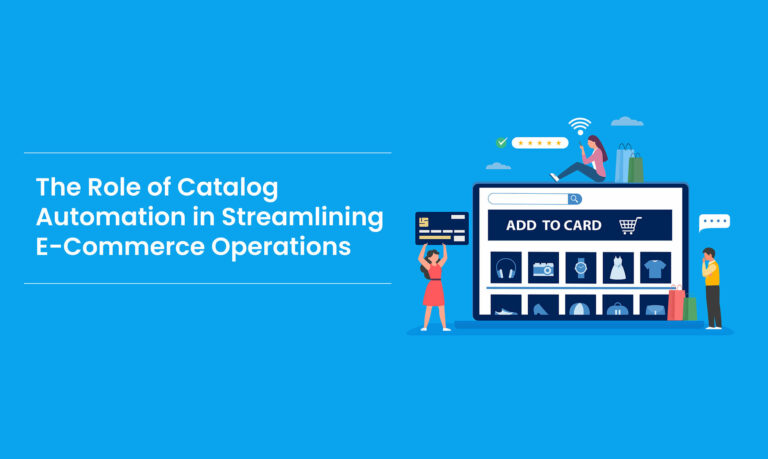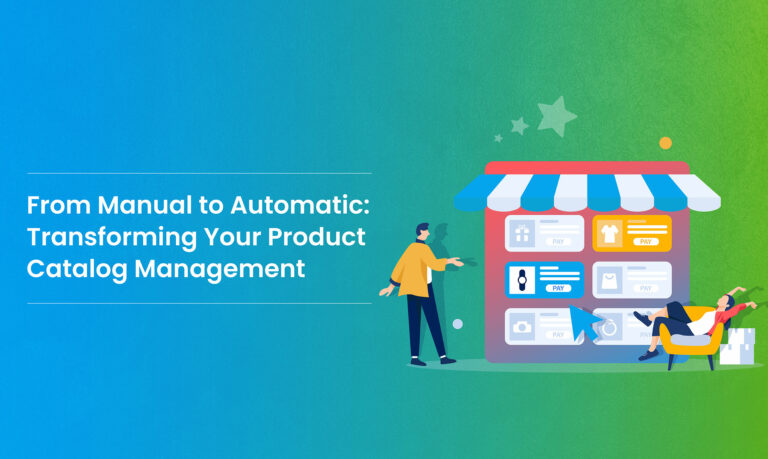What Personalization Means at Scale: Customization is a proactive marketing technique aimed at connecting customers on a personal level. Furthermore, eCommerce image editing gives customers a sense of individual significance in their brand encounters. Automated photo editing solutions can greatly reduce the burdens of an e-commerce business.
Establishing a Unique Link: It goes beyond basic marketing to ensure clients feel valued and their needs and tastes are acknowledged.
Customer-Centric Marketing: From the customer’s perspective, personalization mirrors the desire to receive information pertinent to their specific interests rather than being inundated with irrelevant messages, emails, or promotions.
Enhancing Customer Engagement: Serving as a fundamental aspect of customer experience strategy, personalization strives to execute meaningful experiences that align with each customer’s unique requirements.
Introduction
The modern-day needs ever-changing designs and styles to quench their thirst for trends and to ensure that brands switch towards personalization through AI. AI personalization allows the brand to satisfy the needs of the customer while increasing sales drive, engagement, and loyalty. Over the past decade, the growth of e-commerce has been evident in the market.
Personalization has been around for a long time now. However, artificial intelligence has surely elevated the term to new heights.
Online shopping has created more engaging customers as it is less stressful and delivers a fantastic shopping experience. Hence, this has created a new delightment for both customers and the brand. Therefore, in this article, you will explore the power of personalization, including its importance, the role of visual content, and the challenges they face with personalization.
Define Personalization at Scale
Personalization is a way that allows you to communicate with your customers. It is a way of marketing that makes the customer feel special. Suppose personalization is a part of your daily life where you are the customer, and you want to avoid being bothered with irrelevant texts, emails, or coupons. However, you want the information about the offers for your specific needs.
Therefore, personalization is a way to approach the essence of customer engagement, which delivers meaningful, relevant, and tailored recommendations to the buyer. Personalization allows the company to execute relevant experiences by activating the customer data.
Importance of Personalized Content in E-commerce
Personalization in the e-commerce market is a crucial part that increases repeat purchases, engages shoppers, and boosts conversions. It’s a tried and tested strategy that is to drive sales in many forms, such as onboarding quizzes and recommendations. It provides a customized experience to the buyer with relevant and suited offers according to their taste. Therefore, instead of asking the customers to scroll through hundreds and thousands of products cluelessly, personalization uses their data to predict relevant products on the basis of their last purchase, demographic data, and browsing behaviour.
Personalization in photo editing for e-commerce at scale has the potential to build brand loyalty if the business can execute it properly. However, if it is executed well, it can help the brand’s reputation and business to retain its customers. Therefore, it is vital to implement an effective and well-planned personalization strategy. In the pool of overwhelming amounts of customer data, the process of analysis can be difficult, and that’s where AI comes into play.
AI is a powerful technology that businesses can leverage to analyze large amounts of data, which helps them gain valuable insight into customer preferences and behaviour. Therefore, with the help of AI, they can create more relevant and personalized shopping experiences for the customer while driving business growth, loyalty, and satisfaction.
Role of AI Editing in Enhancing Personalization
AI is no longer something that we are used to seeing in science fiction movies and books. The usage of AI has become ubiquitous in our daily lives, and it has created an effect in every vital industry, like online retail and shops. Therefore, with millions of customers’ data, e-commerce is the right candidate to use AI technology for E-commerce Image Editing.
With the usage of artificial intelligence, the brand can give the customer a personalized shopping experience with little human intervention. AI personalization at scale uses natural language processing, machine learning, and deep learning to create personalized content, products, services, and messaging, resulting in a profitable customer journey. Now, think of AI as providing every customer with a personal attendant that gives you a visit to your store.
Suppose you are standing in a brick-and-mortar retail store, and the sales clerk comes to every customer recommending products based on their request and analysis of the person. For instance, suppose an older woman comes to purchase a blouse for work, then the attendant shall recommend the women conservative tops rather than crop tops. Hence, AI personalization lets your business accomplish every customer immediately. As a result, every customer is delighted with a unique journey, and every visitor is exposed to recommendations of relevant products.
Challenges Faced by E-commerce Platforms in Achieving Personalization
With the ease of personalization, brands are able to leverage their usage in building customer loyalty, engagement, and sales. However, in this competitive digital marketplace, personalization also leads to many challenges for the business. Personalization is a unique concept that helps the customer experience tailored individual shopping while feeling understood and valued by the brand. Hence, this leads to improved customer satisfaction with higher engagement and increased loyalty.
The rise of marketing through advanced analytics and data has emphasized the need for personalization. Therefore, e-commerce businesses have started leveraging e-commerce image editing to create AI-personalized recommendation promotions and content on the basis of the user profile.
The nature of personalization can be challenging for tech leaders who manage large, complex eCommerce systems and development teams. Hence, to successfully implement personalization, they need to navigate numerous obstacles, including adaptability, privacy concerns, scalability, and data management.
1. Privacy Concern
One of the main challenges that lies with personalization is the balance between privacy concerns. While customers appreciate the customized experience, they also value privacy, and it is significant for them to safeguard data. Hence, businesses are expected to keep their private data safe from any privacy breach. Therefore, tech leaders need to navigate the fine line between respecting users’ privacy and utilizing customer data for personalization.
2. Scalability
Scalability is another crucial consideration that businesses seek before implementing personalization. Therefore, your customer place and product offerings shall grow with personalization infrastructure and strategies. The strategy must be able to accommodate data volume and increment in traffic. Hence, tech leaders need to handle the increased load in the system while also optimizing algorithms and models. And this lets the personalization model work efficiently with larger data plots.
Personalization success is essential to address the urgency for scalability, which is a necessity to consider potential consequences and failures to meet the growing demand of a system. As the business grows, more and more users will interact with the platform, and this will generate more data. Therefore, your business needs an adequate scalable system to deliver a real-time personalized experience. As a result, this can slow down the website’s load and recommendations and create a general decline in user satisfaction. Moreover, in the worst-case scenario, the system could lead to downtime, which impacts the business’s reputation and revenue.
Adaptability is the ability to adjust personalization strategy and evolve different responses to changing preferences, technological advancements, and market trends. A successful AI personalization strategy must be responsive and agile corporates with new data and adapt to shifting landscapes in the industry.
3. Customer Insight for Personalization
One of the vital challenges that comes with implementing personalization is managing the sheer variety and volume of generated data. Therefore, with each interaction on the platform, users create worlds of data, including their preferences, purchase patterns, browsing history, etc. This data is significant in creating personalized experiences. However, analyzing and processing these data in real-time can be resource-intensive and complex. Hence, this can create an urgency in the business if they fail to harness customer data while staying caught up in this competitive E-Commerce business landscape.
However, on the other hand, if the business is successfully able to analyze and utilize customer data, then it will be able to create a better experience by engaging with customers. As a result, this will create higher customer satisfaction and an increase in revenue. It is a data challenge to ensure consistency and accuracy across multiple touching points and systems. Therefore, businesses must maintain consistency between each customer while forming a successful personalization strategy through photo editing for e-commerce.
Conclusion
Photo editing for e-commerce for visual optimization for online stores is a powerful AI personalization technique that helps your business leverage every aspect of personalization in the digital world. AI editing provides a solution for e-commerce technology to deliver exceptional customer experience while driving revenues. In the industry, weight gets more competitive; this personalization can be crucial for retaining and acquiring customers. Hence, AI personalization tools like Rubick.ai can help you edit photos for your E-Commerce business with ease.

